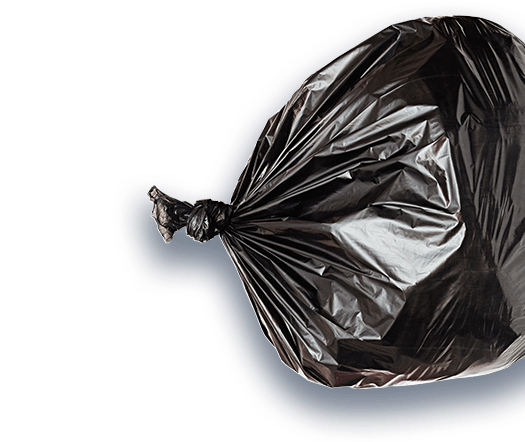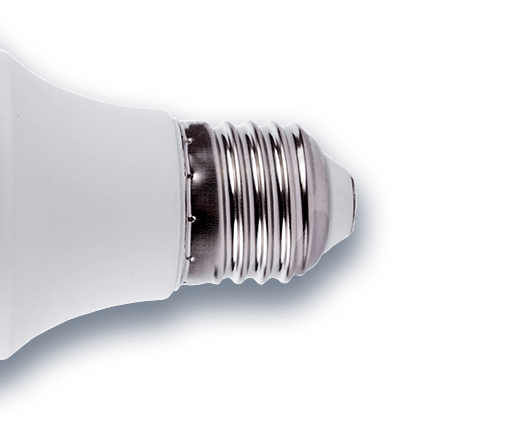Your cost-effective solution for non-recyclable waste
We provide a reliable collection and disposal service for all waste that cannot be recycled. We guarantee 100% diversion from landfill, saving you money on Landfill Tax fees, whilst treating the waste at Energy from Waste facilities to create electricity.
100% diversion from landfill
Reduces your disposal costs
Tailored collection service
Helping you find a sustainable solution for waste which cannot be recycled
All businesses generate waste which cannot be recycled or reused. Typically, this is known as general waste, residual waste, or simply non-recyclable waste.
The most sustainable solution is to send general waste for treatment at Energy from Waste (EfW) facilities, where it is processed to generate renewable electricity for export to the National Grid. This allows organisations to help meet their environmental goals by guaranteeing 100% diversion from landfill and it also reduces disposal costs by avoiding rising Landfill Tax fees.
Tailored services and expert advice to meet your needs
Our teams are experts at helping you manage the safe, compliant and cost-effective disposal of all your residual waste and help you meet your corporate social responsibility and environmental targets too.
100% diversion from landfill
We send your general waste for disposal at Energy from Waste facilities, diverting it from landfill and helping meet green targets
Cutting the cost of waste disposal
Not sending waste to landfill is better for the environment – and you avoid incurring rising Landfill Tax fees too
Tailored collection service
We listen to what you want and tailor our collections around the needs of your business
The general waste collection service with thousands of satisfied customers
Understanding what can and can’t be recycled can be a challenge.
Many businesses produce waste which cannot currently be recycled – certain types of plastics, laminated packaging, food-contaminated containers – are just a few examples.
With years of experience, Grundon’s waste experts know exactly how to identify the best disposal solution for all types of waste. Their knowledge helps thousands of businesses separate their recyclable materials from their non-recyclable waste and guarantees a flexible and compliant collection service that saves money and provides a greener solution.
Why choose Grundon?
Who we work with
Our customer’s points of view
Setting up your waste collection couldn’t be any easier. Simply follow these steps today and we’ll provide you with a professional and reliable waste management service.
01
Tell us about your waste
Tell us about the types and quantities of waste your business generates or schedule a convenient time for one of our waste experts to carry out a free waste audit.
02
Get a quote
We’ll provide you with a proposal for a bespoke waste management service which is tailored to meet the exact needs of your business.
03
Schedule a collection
We’ll deliver your bins or containers, schedule your collections and start providing you with a first class waste management service – it’s that easy!
Get your instant quote
Get a quoteUsing waste that cannot be recycled to generate renewable electricity
Once your waste has been collected, it is taken for treatment at an Energy from Waste (EfW) facility.
Grundon has its own facilities at Colnbrook, near Slough, meaning we are perfectly placed to service customers across London and the south east. Further afield, across our operating area, we work with other partners to utilise capacity at other similar facilities, ensuring we keep your carbon footprint to a minimum wherever possible.
Even our waste collection vehicles are certified CarbonNeutral®, which means every time we collect from your premises, we’re not adding to your carbon footprint.
EfW facilities operate under strict Environment Agency controls. All the general waste is incinerated at high temperature and the heat produced is then used to power a steam turbine. This in turn generates electricity for export to the National Grid, helping to reduce reliance on fossil fuels to generate electricity for local homes and businesses.
Frequently asked questions
What is general waste?
Anything that can’t be recycled should go into a general waste bin. Everyday items will include baby and pet food pouches made out of mixed materials, bottles which have shrink-wrapped polymer sleeves, waxed paper, kitchen roll, and many things which contain different plastics or components. For example, children’s toys and domestic tools are often made of plastics which are difficult to separate into recoverable elements. Pringles tubes have a metal base, a plastic cap, a metal tear-off lid and are foil-lined, so they cannot be recycled.
Doesn’t incinerating waste cause pollution?
Energy from Waste (EfW) plants are highly-regulated and there are very strict emissions limits, which are monitored on a continuous basis by the Environment Agency. Emissions comply with the most stringent UK and European pollution control standards.
How do I save money by sending general waste with your collection service?
How do I know what type of bins I need?
We match the bins and containers to your requirements, there’s no such thing as a ‘one size fits all’ approach. We’ll talk to you and identify the best solutions.
We can supply a range of containers from 240 litre wheeled bins through to larger containers, such as front end loader and rolonofs, as well as a range of static and mobile compactors.
What often works very well are bins which have separate slots for different types of waste, for example, general waste, mixed recycling and food waste. All the different sections are clearly marked to ensure everyone knows exactly which items go where and we can also help by providing employee training and clear signage.
How flexible is your collection service?
Flexibility is what we do best. We work on the volume of waste to be collected, we see little point in sending a weekly collection vehicle if bins are only full every fortnight. We’ll talk to you and your team and work out the type of collections that will suit you, whether it’s daily, weekly, fortnightly or monthly – or indeed more than that. We can also change collection days as we progress, so if you find you need more or less collections at certain times of year, just let us know.









